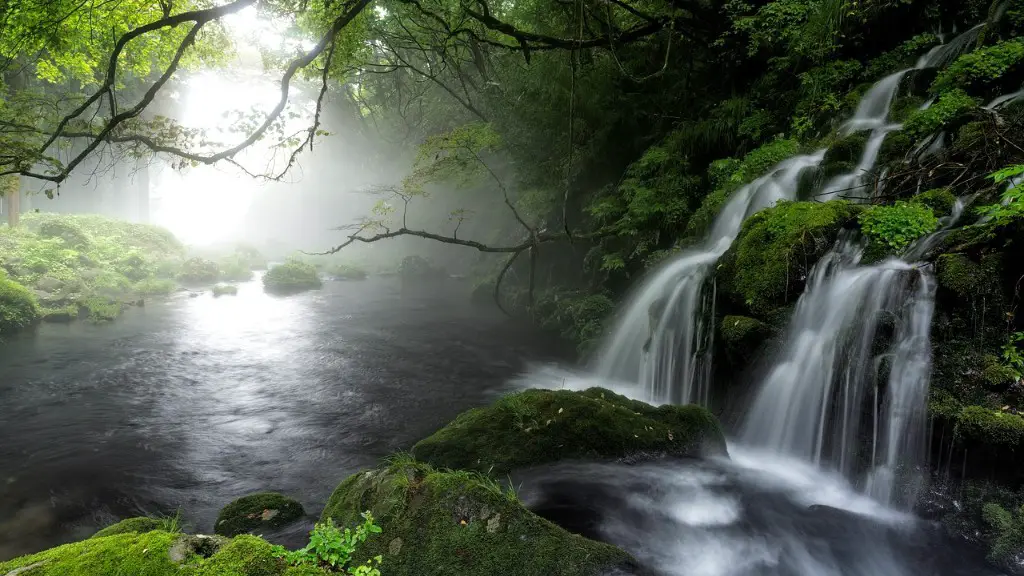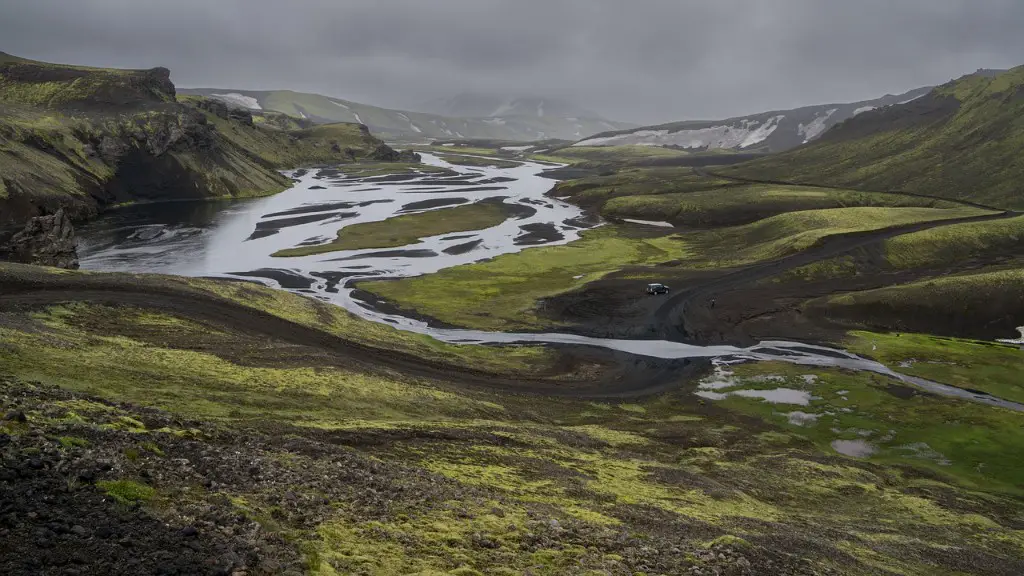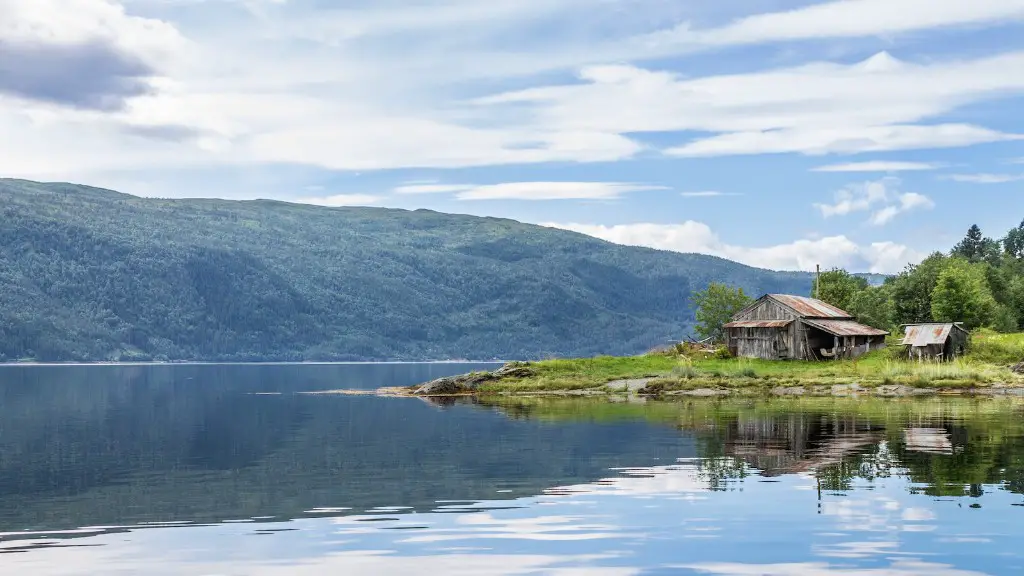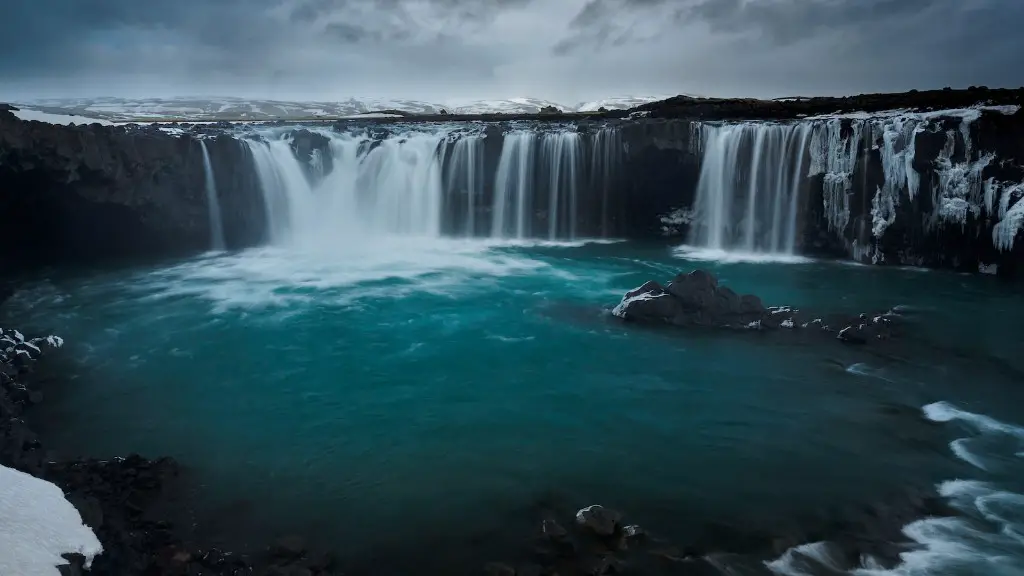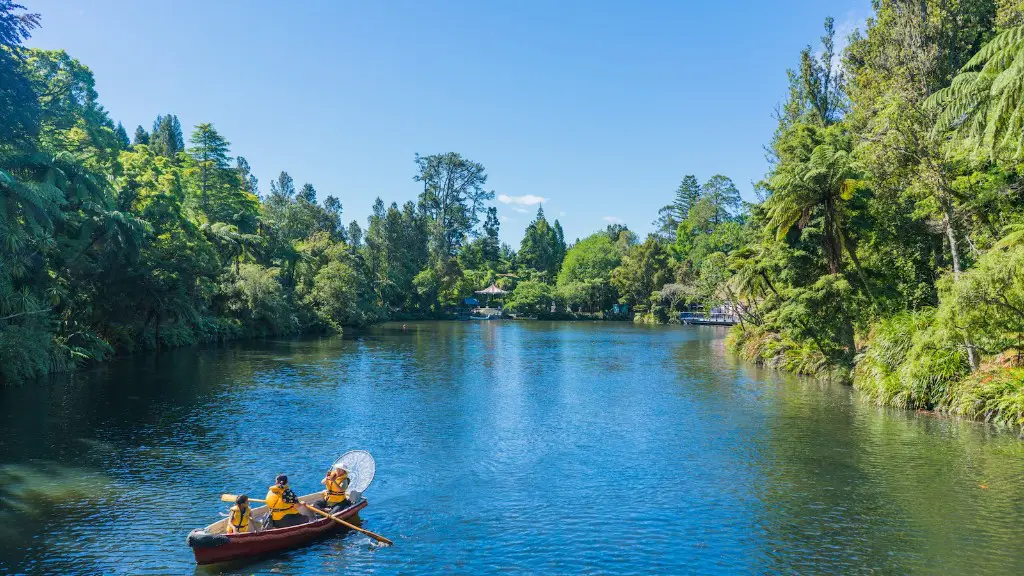From its first exploration by Jacques Marquette and Louis Jolliet to its eventual series of settlements and the establishing of Louisiana, the Mississippi river has been an important area of the French history and empire. The Mississippi River played an important role in the French colonial era and was a vital part of French exploration and settlement of North America. This river also acted as a lifeline to the French Empire and its economy, as well as an outlet for trade and exploration.
As one of the longest rivers in the world and the fourth-longest river in the United States, the Mississippi River provided a link from the Gulf of Mexico to the Great Lakes region and the west. During the early stages of French colonization, this was a major benefit for the exploration and settlements along the Mississippi. The Mississippi served as both a river for travel and transportation, but also as a commercial waterway for the French traders, fur trappers and merchants.
In addition to providing easy access to the region and its resources, the Mississippi was important to the French colonies and imperial power because it also provided the opportunity to exploit the vast natural resources it had to offer. The river was particularly valuable in the areas of timber and fur-trappers who established their trapper trade near it. As the settlements grew in the region, there was also the opportunity to establish farms and agricultural activity on the banks of the river.
The French had a profound effect on the area and its inhabitants, holding strong ties and alliances with many native tribes living alongside the river. This made it even easier for the French to negotiate favorable trade agreements and to facilitate the exchange of goods and culture. The French also held particular sway over the Mississippi as a trading waterway, and it was one of the most important routes from their colonies to their home in Europe.
The Mississippi opened up a larger world to the French, and it was the basis for much of the exploration conducted by the French in the region. For example, the La Salle expedition which traveled down the Mississippi to the Gulf of Mexico extended the French colonial empire from Louisiana to California and allowed France to gain more influence in what is today the United States. By increasing its colonial power, the French also allowed for peace and stability in the area. This was perhaps the greatest benefit the French gained from the Mississippi and the vast resources it had to offer.
Exploitation of the Mississippi
The French had a great interest in the wealth of the Mississippi. They saw it as a valuable resource to exploit with their trading, trapping and farming activities, as well as a way to gain political power in North America. They built a series of forts, trading posts and settlements along the river in order to fully capitalize on its potential. This included an array of trading activities, such as the fur trade, that allowed the French to exchange items with Native American tribes.
The French also relied on the Mississippi for their military needs. French forts were constructed along the river in order to help protect against British forces, as well as to serve as a base from which the French could stage their offensive operations in the region. The river was an integral part of France’s efforts to protect its holdings in North America.
The French used the Mississippi as an avenue of European cultural and technological advancement. With the establishment of settlements and their own ingenuity, the French developed the river into a substantial transportation waterway, paving the way for future exploration and settlement of much of the American interior.
Overall, the Mississippi provided the French with an incredible opportunity to expand its empire in North America. It was a significant part of their exploration in the region, as well as a lifeline for trade and a strategic asset for defending their eastern colonies against their British rivals.
French Legacy
The Mississippi continues to influence the culture of both the United States and France today. There are several French cities, towns and settlements along the banks of the Mississippi. Places like New Orleans, St Louis and Natchez remain as reminders of the French’s impact on the area, as well as their importance to the development of the United States overall.
French cultural influences can also be seen in the local languages, customs and cuisine. From the French Creole language of Louisiana to the unique Creole cuisine and Cajun culture, the French have left a strong and lasting mark on the region.
Today, the Mississippi continues to be an important part of French history and culture, allowing the culture to live on in many parts of the United States, while still being remembered as a major part of the exploration and development of the American continent. This important river is an icon to the French, holding great meaning and influence not only for their contributions to the area, but for its role in the history and development of the United States.
Economic Impact
The Mississippi has played an important role in the economy of the United States for centuries. Early in its history it served as a vital link in an inter-linked colonial economy between Europe, the Caribbean and the American continent. This allowed the French to trade valuable goods and resources and led to the eventual establishment of the French Louisiana colony.
Today the Mississippi continues to contribute to the US economy. The Mississippi supports many important industries, including agriculture, manufacturing, shipping, tourism, and energy production. It is also a major transportation artery, allowing companies to send goods to and from the American interior more quickly and efficiently.
In addition, the Mississippi serves as an important source of water for many cities and towns along its banks, providing clean drinking water for residents, businesses and industry. From its source in Minnesota to its mouth at the Gulf of Mexico, the Mississippi is an integral part of the US economy.
Environmental Impact
The Mississippi River is also important to the environment. As the largest of North America’s rivers, it supports hundreds of species of migratory and resident birds, fish, reptiles and other wildlife. It is also an important natural resource and an important part of the North American ecosystem.
In addition, the vast wetlands along the Mississippi provide important habitat for local species as well as a buffer zone against extreme weather, providing shelter and protection for many species. The Mississippi is also very important for controlling flooding in the area and is a major source of fresh water for many communities living along its banks.
The Mississippi plays an important role in the economic and environmental welfare of the country and is a vital part of the nation’s cultural heritage. It is worthy of recognition, for it has provided centuries of opportunities for exploration, trade and development for both the French and the United States.
Social Impact
The French legacy of exploration, trade and settlement has also left an important social legacy in the area. Many communities along the Mississippi have struck cultural and trading relationships with the French, and the region has adopted many social customs and traditions from the French presence in the area.
In addition, the river has had a major impact on the livelihoods of local communities. The Mississippi is an integral part of their economy and perhaps their most important asset. It provides a vital lifeline for fishing and other marine activities as well as providing much-needed water for agriculture and business development.
This has had a positive impact on the social welfare of the people living along the Mississippi. The river has allowed them to gain access to more economic opportunities, more education and a more stable lifestyle.
The Mississippi has helped shape the culture and identity of many of the people living in the area, and its importance in the development of the United States cannot be overstated. It has had an enormous influence on the culture, economy and social welfare of the region, and it continues to play an important role today.
